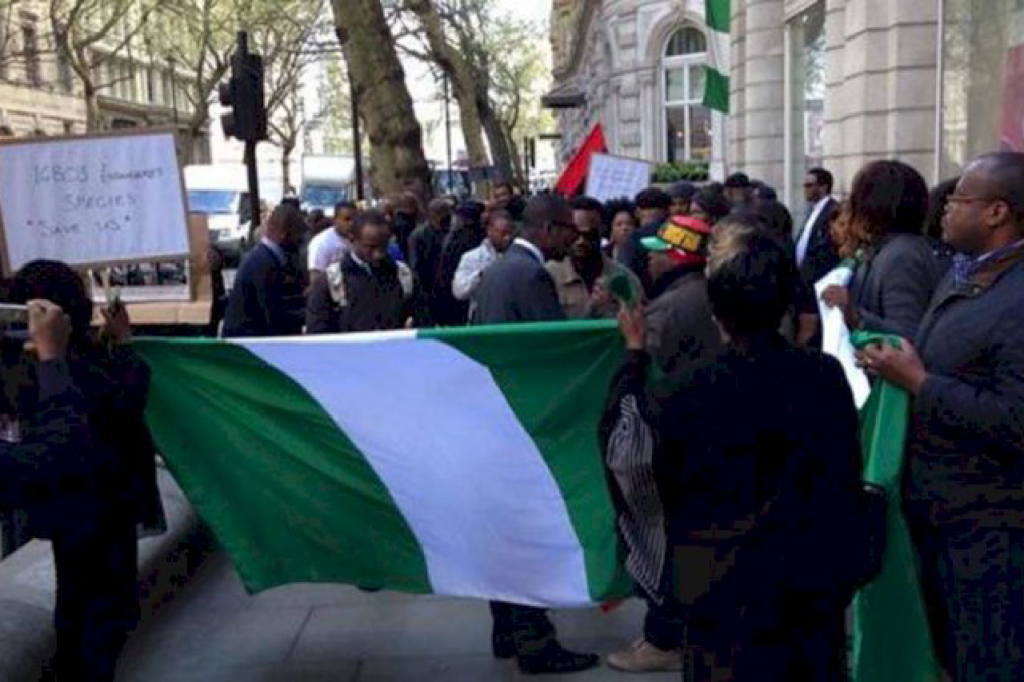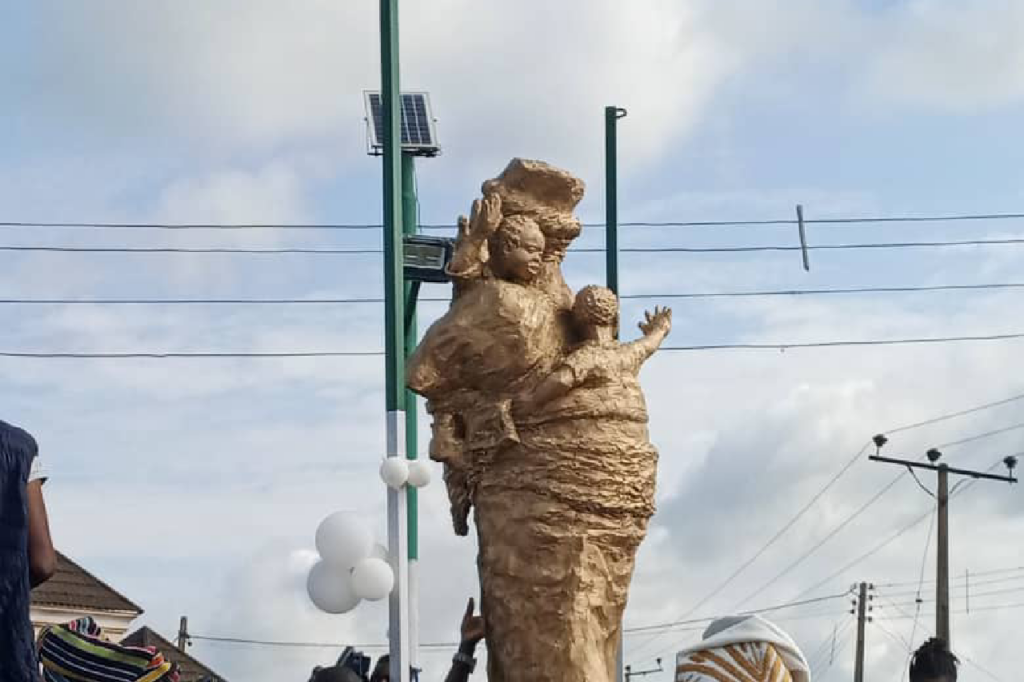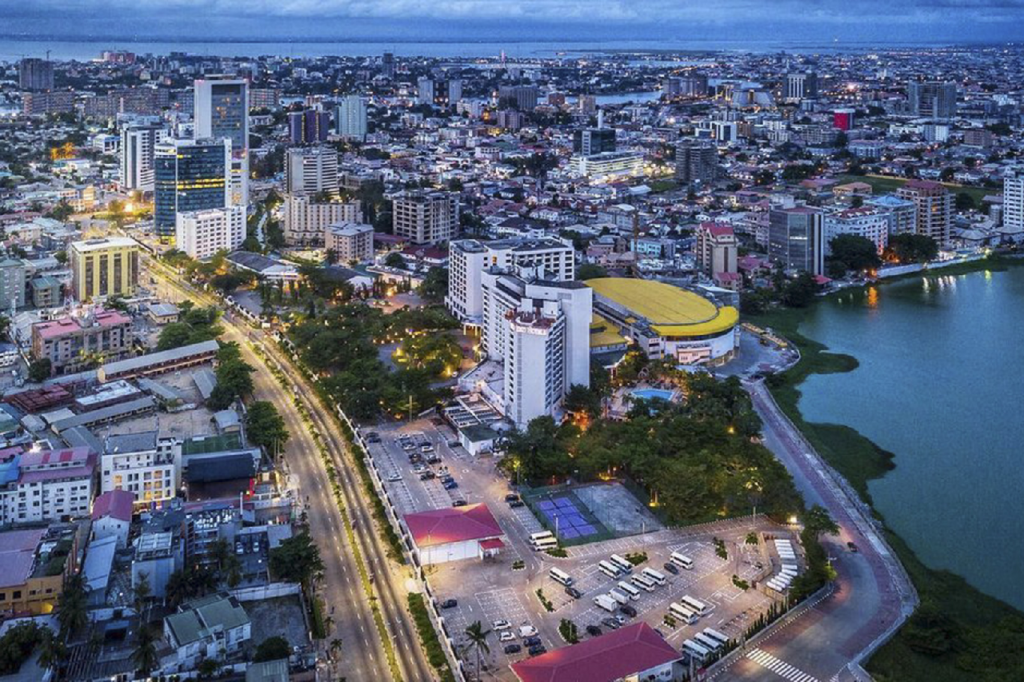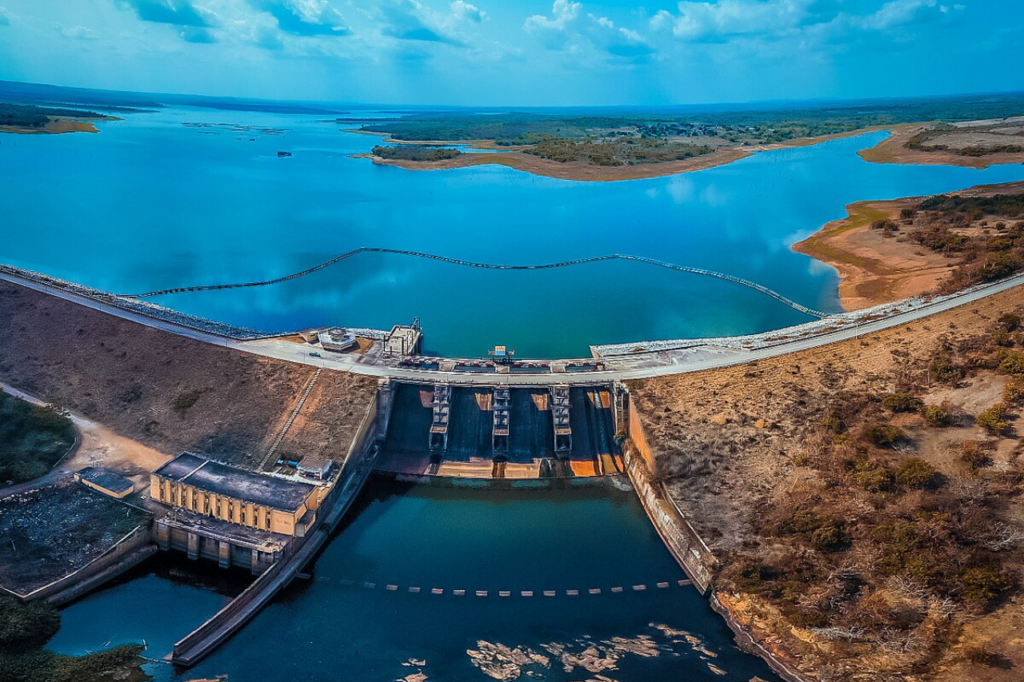For many Nigerians in the diaspora, the idea of investing and eventually “Japada” (relocating back) to Naija is both exciting and challenging. A significant portion of the diaspora often laments that if Nigeria provided better opportunities, stability, and infrastructure, they wouldn’t have left in the first place. Despite contributing tens of billions of dollars annually through remittances to support family and friends, investing in their homeland is not without its hurdles
Many Nigerians who Japa say if Naija was Betta, they no go Japa. They contribute tens of billions of dollars annually in foreign currency remittances to Nigeria to support their families and friends and are a critical backbone of Nigeria.
Many say harsh living conditions, insecurity, lack of basic amenities, corruption, and a general lack of conducive environment, instability in the Naira, rampant inflation, lack of trustworthy workers, red tape, & unstable government policies are major factors limiting them from investing in Nigeria.
Many also remit $bn’s annually by way of investments into properties and businesses annually, as well as $bn when they travel to Nigeria for holidays to meet family & friends or to do business. The Nigerian Diaspora is the single biggest contributor to Nigeria’s FX inflows, yet our elected politicians, after 25 years of democracy, disgracefully still haven’t deemed it fit to give us the right to vote, despite the 1999 Constitution giving all Nigerians the right to vote & be voted for.
During the Democrat & Republican conventions, delegates from Democrats & Republicans abroad were given platforms to speak & give votes for the party’s nominated candidate.
As a member of APCUK, there are no such provisions for Diaspora delegates in APC or PDP National Conventions; for that matter, I can’t speak for LP or any other party. What shame.
Despite these hurdles, many patriotic Nigerians in the Diaspora, myself included, still see the great potential in Nigeria, just like many foreigners who invest billions annually into our country.
It so happens that many close friends of mine are also investing in Nigeria. One of whom is into short-let accommodation in Sonibare Estate, Maryland, Lagos; another has a primary & secondary school in Akute & is also a pastor. Some others have invested in agriculture, like me & others, into property development.
First things first, you must do your due diligence and be on the ground. You cannot be investing through social media. It is unfortunate states & the Fed Govt do not have any offices abroad or online facilities to monitor, guide & speed up smooth Diaspora investments into Nigeria, especially at a time that FX is in short supply & Nigerians are screaming for jobs.
Make sure you abide by the laws of the Federal Government of Nigeria & your state of operation and register your company at CAC; it’s much faster now. Then get your tax identification number to pay tax on your taxable earnings & profits.
Don’t join the hordes of lawless Nigerians who refuse to register, let alone pay taxes on their taxable income. Do the right thing.
Corp entities must register for a Tax Identification Number (TIN) with FIRS, while for your personal income earned in Nigeria, you must register for TIN at the state Internal Revenue Services (SIRS) in the state where you reside.
You will need a place to stay. Initially, you can stay in reputable hotels or affordable, well-maintained short-stay apartments in many of the gated estates that have 24-hour electricity. It’s best to go for those recommended by people you know or choose one online, but get a trusted person to check it out.
As for transport, initially you can use Uber or Bolt in cities to get you around; it is very affordable; alternatively, you can hire a recommended vetted driver with a car. Make sure you check he has all his driving documents: driving license, taxes, registration, road worthiness, & valid comprehensive insurance.
Communication is essential for telephone & data You will need a local phone SIM, but you can’t get one without a National Identification number (NIN)
Getting your NIN, you can do it in the UK, US, etc. through CANUK, NIDO, or at the High Commission or embassies before you travel or go to the nearest NIN office, but the queue will certainly put you off.
Alternately, you can go to one of the many government-sanctioned agents in business centers who will register you, & you will get your NIN within 48 hours.
Once you have your NIN, you can then go to any of the Telco’s and purchase a SIM. MTN has had irregular service recently. I have found Glo to be relatively better. There are also many other options, like Airtel, etc., and you can also purchase a mobile Wi-Fi to supplement your phone data.
Nigeria is moving fast towards a cashless society, and this is best for your safety. Carry minimal cash on you at all times—no more than N100k. That sounds like a lot, but it will get you by.
To open a bank account, you will need a bank verification number (BVN) and a NIN. As you apply for your bank account, you will have your biometrics captured and a BVN issued. Your bank account will automatically be linked by your BVN & NIN. Be sure to have a copy of your NIN form on your phone or printed out to give to the bank. Also register both numbers in a safe place online for record purposes.
It is better to get your phone SIM before opening your bank account so you can link your phone to your bank to operate the banking app and allow you to make seamless cashless transfers. You should also get a bank card verve or master, as this will also allow you to make cashless transactions withdrawals at ATMs & at POS points. POS will charge between N1000 and N2,000 for cash withdrawals between N50k and N100k. Many banks operate limited cash withdrawals of just N20k
If you are planning on staying for a long time or going to be coming back frequently to supervise and run your business, I recommend you rent an apartment or duplex in a secure gated development not far from your business.
Average rent, depending on the city, for reasonable-quality apartments—not top-notch Abuja, Lagos, Banana, or Snake Island—will start from N1.5m to N3m pa, depending on location & size. You will also have to pay additional processing costs, including agents fees and a deposit, which is usually 10%
Long stay Investors should look at purchasing a car if required for independent mobility. You will also have to apply for your Nigerian Driving licence and also have a good driver and mechanic.
I’m still on my journey back to Naija, still looking for a good apartment in Abeokuta and a pick-up car to take me to my farm. Any recommendations?
I will keep you posted. To come: shopping in Naija, security, getting furniture & fittings, general upkeep, etc., and who you know to get things done. Stay tuned.
If you have any comments or observations, please let me know
Femi Oke, Betta9ja



